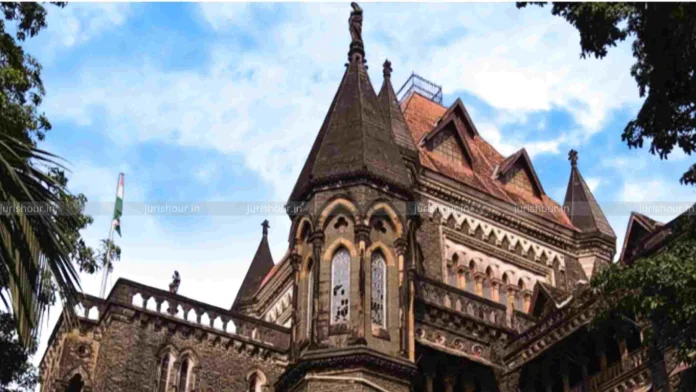The Bombay High Court has held that interest earned on fixed deposits and tax refunds—when directly tied to operational obligations of infrastructure projects—qualifies for deduction under Section 80IA of the Income Tax Act.
A division bench of Justices B. P. Colabawalla and Firdosh P. Pooniwalla has observed that Gateway Terminals India Pvt. Ltd.—a joint venture between APM Terminals Mauritius and Container Corporation of India (CONCOR)—is entitled to claim tax deduction under Section 80IA of the Income Tax Act on interest earned from fixed deposits and tax refunds directly linked to its port operations at Jawaharlal Nehru Port Trust (JNPT).
The petitioner/assessee, Gateway Terminals, operating a container terminal at JNPT under a 30-year Build-Operate-Transfer (BOT) licence, had claimed deductions on interest income earned during the assessment year 2012-13.
The deposits were made to meet two specific obligations: Replacement of cranes and equipment – a contractual requirement under its licence agreement with JNPT; and Tariff dispute reserves – amounts collected during an interim court order while a tariff cut imposed by the Tariff Authority for Major Ports (TAMP) was under challenge.
Additionally, the company claimed deduction on interest received on tax refunds (arising from wrongful tax deductions at source by customers).
While the Assessing Officer initially allowed part of the claim, appellate authorities later disallowed it, ruling that the income could not be considered as “profits derived from eligible business” under Section 80IA.
Senior Advocate P. F. Kaka, appearing for the company, argued that the deposits were not idle funds but were a business necessity, directly tied to maintaining and operating port infrastructure. He emphasized that the interest income was intrinsically linked to the company’s statutory and contractual obligations under the JNPT licence.
On the other hand, counsel for the Income Tax Department, Advocate Akhileshwar Sharma, contended that deductions under Section 80IA were restricted to profits strictly derived from infrastructure activity, and not on secondary income streams such as interest on deposits or refunds.
The bench extensively referred to past Supreme Court and High Court rulings, including CIT v. Karnataka State Co-operative Bank, Shree Rama Multi Tech Ltd., and Hiranandani Builders, which laid down that where funds are compulsorily set aside for business purposes, incidental interest earned cannot be separated from business income.
The Court concluded that interest from fixed deposits set aside for crane replacement and tariff dispute obligations had a direct nexus with the port business. Interest on TDS refunds, arising due to wrongful deductions by customers, was effectively an extension of business receipts and therefore qualified for deduction.
Case Details
Case Title: Gateway Terminals India Pvt. Ltd. Versus Deputy Commissioner of Income-tax
Case No.: Income Tax Appeal No. 1139 Of 2021
Date: 26/08/2025
Counsel For Petitioner: P. F. Kaka, Senior Adv. a/w Adv. Manish Kanth i/b. Adv. Atul K. Jasani
Counsel For Respondent: Adv. Akhileshwar Sharma
Read More: GST Appeals Can’t Be Entertained Beyond 120-Day Limit: Bombay HC

